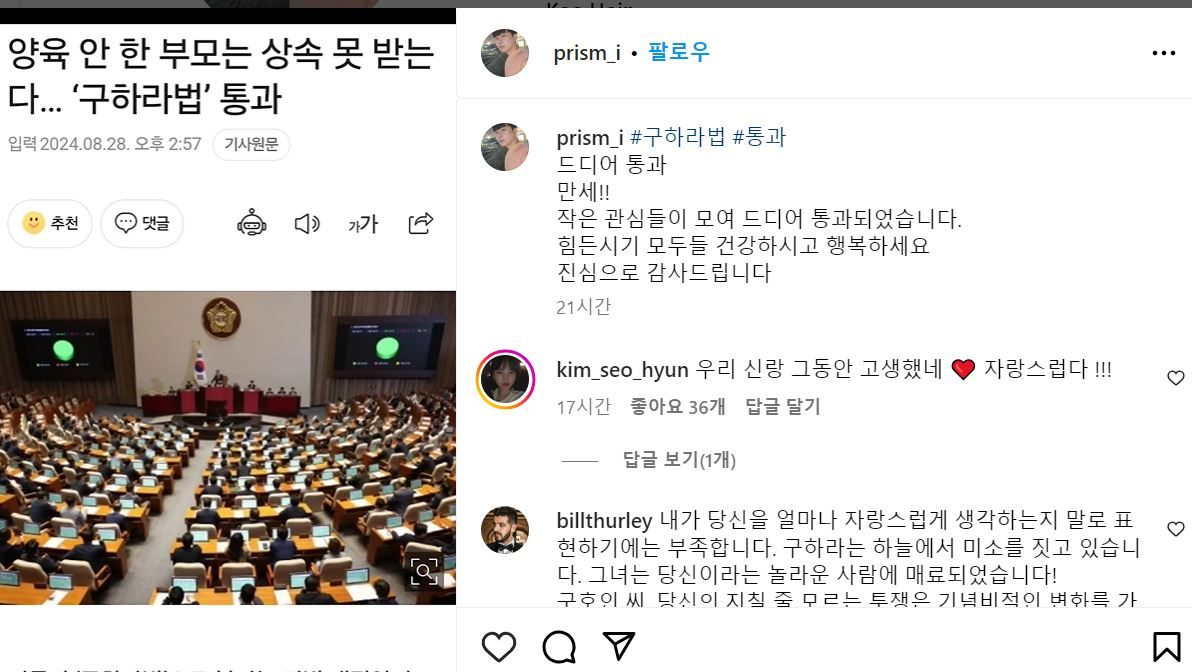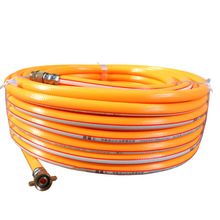Seoul mulls various options following possible NK nuke test
发布时间:2024-09-22 01:06:41 作者:玩站小弟  我要评论
我要评论
An undated photo released on Oct. 10 by the official North Korean Central News Agency (KCNA) shows a
。
 |
| An undated photo released on Oct. 10 by the official North Korean Central News Agency (KCNA) shows a military drill involving long-range artillery units of the North's Korean People's Army. EPA-Yonhap |
Conservatives call for abolishing 2018 inter-Korean comprehensive military pact
By Nam Hyun-woo
North Korea's recent missile launches are widely viewed as a prelude to a seventh nuclear test and South Korea is exploring various response measures to deal with additional provocations. One of the measures being mentioned is scrapping the 2018 inter-Korean comprehensive military agreement which calls on the two Koreas to cease "hostile activities" against each other, including military exercises near the inter-Korean border.
Conservatives are urging Seoul to consider pulling out of the agreement, which they claim restrains South Korea's defense capabilities by limiting military exercises and reconnaissance activities.
"We should declare the scrapping of the military agreement if North Korea carries out a seventh nuclear weapon test," Ruling People Power Party (PPP) interim leader Rep. Chung Jin-suk wrote on Facebook on Friday, a day after the North deployed 12 military aircraft for an air strike drill.
"If we destroy the pact, our military's flight boundaries and firing exercise zones in the East and West seas will expand, bolstering our capabilities in surveilling North Korea and deterrence firepower," Chung added.
The South Korean government has been maintaining a prudent stance so far towards the pact, but did not rule out the possibility of abolishing it.
President Yoon Suk-yeol told reporters on Friday that "it is difficult to comment (anything about whether the military agreement will be discarded) preemptively," and added that "the three countries (referring to South Korea, the U.S. and Japan) are preparing responses through various channels."
Unification Minister Kwon Young-se also said during a National Assembly audit on Friday, "There is a need to review various options" in the worst-case scenario. However, he added that it is a blanket statement, and the government is not preparing to abolish the agreement now.
Kwon also said that Yoon has mentioned the need to "review it (scrapping the agreement) if the North stages a tremendous provocation or if we cannot maintain the agreement."
Defense Minister Lee Jong-sup was even more hawkish about the agreement. During a National Assembly audit on the ministry, Tuesday, Lee said, "If the North does not comply with the agreement, it is inappropriate for us to keep it." He added, "The ministry will review the effectiveness of the agreement reflecting the level of North Korea's provocations."
 |
| South Korean Minister of National Defense, Song Young-moo, front row left, and his North Korean counterpart, No Kwang-chol, front row right, show the comprehensive inter-Korean military agreement signed in Pyongyang on Sept. 19, 2018. Behind them are then-South Korean President Moon Jae-in and North Korean leader Kim Jong-un. Joint Press Corps |
The agreement, signed during the previous liberal Moon Jae-in administration, is aimed at setting aerial and naval buffer zones in addition to the existing Demilitarized Zone in the inter-Korean border area. In the zones, the two Koreas agreed not to conduct large-scale field exercises or artillery firing drills.
Although the conservative Yoon administration is taking a hawkish stance on North Korea, it has not disavowed the effectiveness of the agreement in preventing accidental skirmishes involving conventional weapons.
So far, the South Korean military views that North Korea violated the agreement in 2019 and 2020, despite the fact that some conservatives claim that several other inter-Korean incidents could be seen as violations.
However, the North's recent missile launches have cast doubt on the effectiveness of the agreement. Since Sept. 25, the North has fired 12 missiles in seven separate rounds. The North Korean regime claimed the launches were "tactical nuclear drills." Last month, Pyongyang legalized its use of nuclear weapons and authorized preemptive strikes if an imminent attack by weapons of mass destruction or against its "strategic targets," including its leadership, is detected.
Amid these escalating threats, experts said that the destruction of the agreement could add pressure to Pyongyang, which is lagging in terms of conventional forces. However, such pressure will ultimately do no good for Seoul, as it does not seek any sort of military confrontation.
"With North Korea proclaiming its nuclear armament and missile launches, the very foundation of the military agreement has been impaired," said PPP Rep. Tae Yong-ho, who is a former North Korean diplomat.
"The North is not abiding by the agreement, but it is not admitting this. If the Yoon government preemptively announces the destruction of the pact, North Korea will use it as a propaganda tool," he said, adding that "Seoul should also consider a similar tactic, such as announcing that we may resume loudspeaker broadcasts in the border area, which North Korea detests."
 |
| In this undated photo released on Oct. 10 by Pyongyang's official Korean Central News Agency (KCNA), a missile is fired from a transporter erector launcher. Yonhap |
Nukes on South Korean soil?
Some politicians and scholars are saying that South Korea should consider deploying nuclear weapons to counter North Korea's growing threats.
"As long as South Korea gives up its nuclear options, the North will have confidence over the South and keep increasing the level of threats," said Cheong Seong-chang, director of the Center for North Korean Studies at the Sejong Institute. "The South Korean government should explain the inevitable necessity of deploying nuclear weapons on its soil to the U.S. through summits or high-level talks, and persuade the U.S. that Seoul's nuclear armament also serves Washington's interests."
Daegu Mayor Hong Joon-pyo of the PPP wrote on Facebook on Oct. 5 that "it is time for the government to thoroughly review the nuclear strategy toward the North" and that national security should be achieved through a "military balance."
Former Rep. Yoo Seong-min, also of the PPP, said that South Korea should begin negotiations on sharing nuclear weapons or deploying tactical nuclear weapons with the Joe Biden administration.
However, chances are slim that these calls will gain momentum.
Reportedly, the presidential office sees a high possibility of the current tensions surrounding the Northeast Asian region spilling over into an actual crisis, and has taken the stance that South Korea is unable to give up its endorsement of the Non-Proliferation Treaty for the sake of permanent peace and the impact such a decision would have on Seoul's economy and diplomacy.
When questioned about deploying nuclear weapons here, Yoon told reporters Tuesday, "As the president, it is not a matter that I can speak publicly about," adding that he is listening to various opinions in South Korea and in the U.S.
Regarding the opposition bloc's criticism of Yoon's policy of strengthening security cooperation with Japan being likely to contribute to the revival of the Cold War on the peninsula, he said, "No concerns can be justified before nuclear threats."
 |
| President Yoon Suk-yeol enters his office in Yongsan District, Seoul, Tuesday. Joint Press Corps |
相关文章
 Instagram page of Koo Ho-in (Instagram)Koo Ho-in, the older brother of deceased K-pop star Goo Hara,2024-09-22
Instagram page of Koo Ho-in (Instagram)Koo Ho-in, the older brother of deceased K-pop star Goo Hara,2024-09-22
Dramatic photo of Saturn shows off a tiny moon floating in the distance
An itty bitty moon looks like nothing more than a point of light above Saturn in a new photo taken b2024-09-22
Instagram's 'On This Day' notifications are jarring during coronavirus
My friend Grace and I are lying on the floor, laughing, with barely an inch between us. It's the end2024-09-22
Hamilton 'incredibly proud' of Vinicius after Socrates Award
SAO PAULO:Lewis Hamilton said he felt "incredibly proud" to see Real Madrid winger Viniciu2024-09-22
Apple Intelligence is now a little easier to get outside the U.S.
Apple Intelligence is a little easier to try out if you're not in the U.S. Unfortunately, users in t2024-09-22 随着天气越来越寒冷,农村杀年猪、炕腊肉的人户一天天多起来。每年,因炕腊肉不慎发生的意外并不少见。日前,雨城区孔坪乡大竹村就发生一起悲剧,年过花甲的瞿老太,在灶台下烧火炕肉,踩在独凳上用力翻弄挂在炕顶上2024-09-22
随着天气越来越寒冷,农村杀年猪、炕腊肉的人户一天天多起来。每年,因炕腊肉不慎发生的意外并不少见。日前,雨城区孔坪乡大竹村就发生一起悲剧,年过花甲的瞿老太,在灶台下烧火炕肉,踩在独凳上用力翻弄挂在炕顶上2024-09-22

最新评论